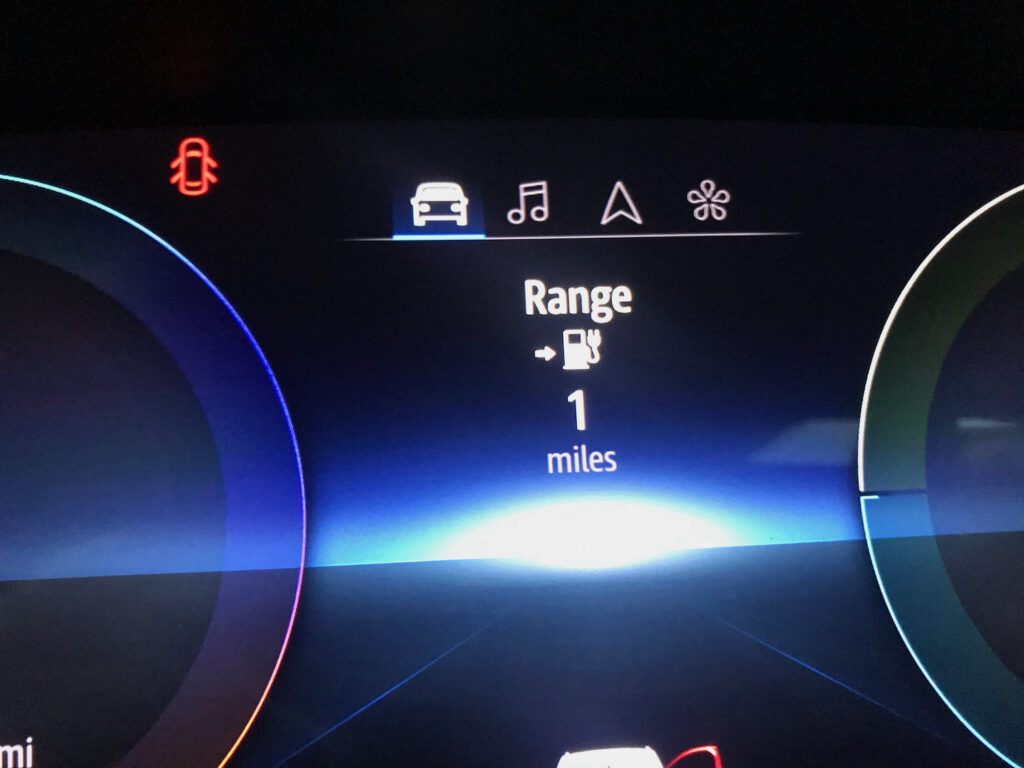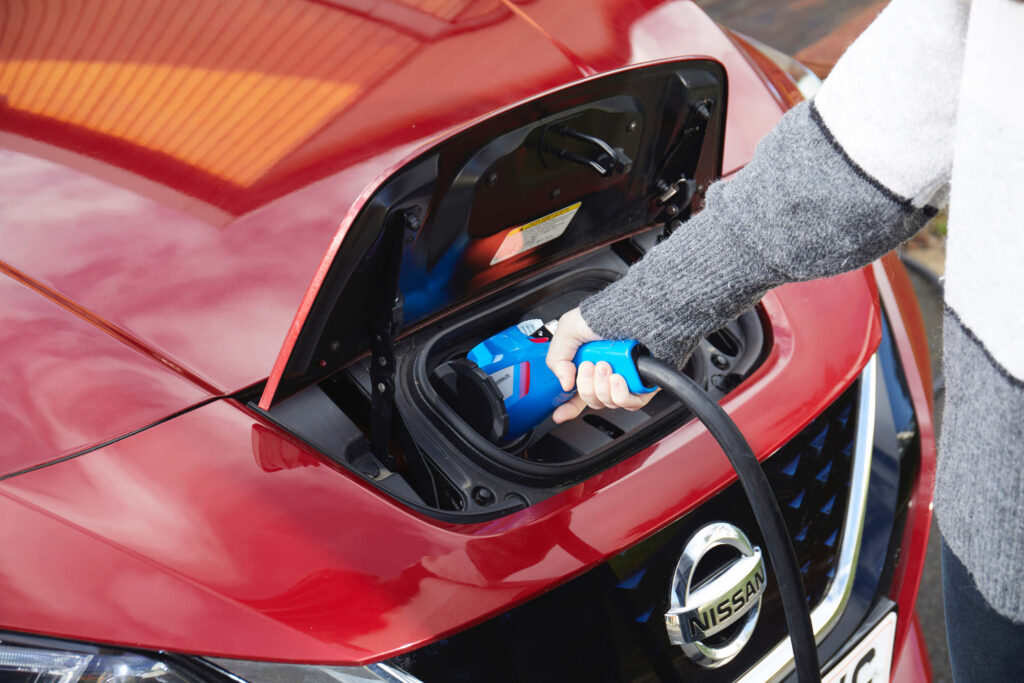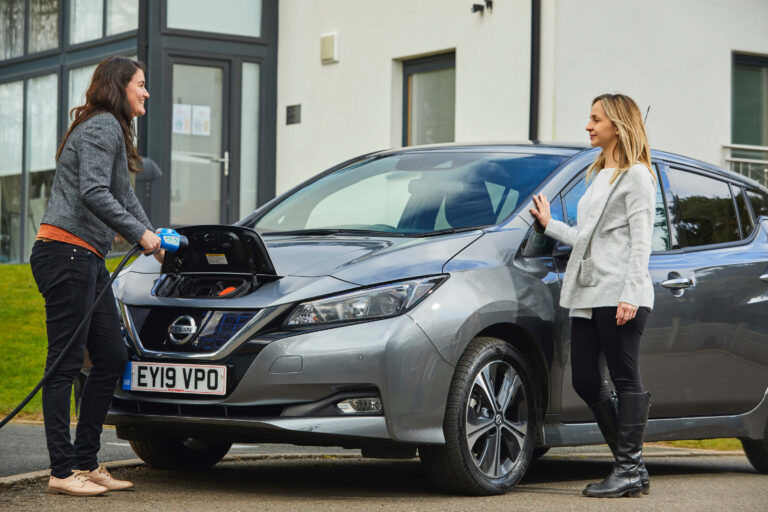Should you buy an electric car? The two main issues to consider when considering the switch to a fully electric car are obviously range and charging. Different cars offer obviously different levels of range depending on the size of their batteries and battery efficiency which, as the technology inevitably progresses, is improving all the time.
How much range you want and need depends on what you’re going to be using the car for. If it’s simply as an urban runaround that’s unlikely to undertake many long journeys or as a second household car, then obviously your maximum range doesn’t need to be as high as that of a family car. Compare, for instance, the likes of the Honda e supermini with a range of 125 miles and the Jaguar I-Pace with its 292 mile range.
You should take those maximum range claims with a pinch of salt too. Just as historically drivers of petrol and diesel-engined cars found it difficult to match their car’s official average fuel economy figures, so the maximum range of some electric cars are hard to reach in the real world too. Arguably more so.

The range of any battery-powered car is affected not just by how efficiently it has been driven on its most recent journeys, but also the kind of roads and speeds it has been driven at and even the weather. Battery cells are very sensitive to temperature, so if it’s too cold or too hot then they won’t perform to their maximum efficiency. The result is that the maximum real-world range can sometimes be as much as 25 per cent less than that claimed by the manufacturer.
If you’re buying a used electric car, then there’s also battery degredation to consider too. When buying, you can check this either by charging the battery to its maximum and checking its claimed range (with some of the above caveats in mind) or alternatively there are often ways to check on the health of the battery via the infotainment screen displays.
Whether the range of an electric car bothers you is down to your own personal usage, but the reality is that anyone who drives an EV for any length of time soon adapts their driving style and, with the UK average commute being 30 miles, you’re rarely likely to ever need all of the maximum range available anyway.
How you charge your electric car is perhaps of a bigger concern. If you have off-street parking, then there’s the potential option to have a charging point fitted at your home, although this isn’t always possible. You can ask your local council to have a point fitted nearby and some have already been installing them in low kerbs or also in lamp-posts. But then, you have to regularly be able to park nearby. More and more urban EV drivers have taken to running leads across pavements.

The worst case scenario is that you could have an extra exterior three-pin domestic plug fitted (although charging times will be lengthy) or you can use one of the thousands of charging points around the UK though that’s clearly not as convenient for everyday use. Alternatively your place of work can get grants to have charging points fitted too, so talk to your HR department.
Running costs are another big factor too. At present, electric versions of new cars have a slight premium over and above their petrol or diesel engine counterparts, where there’s a direct choice such as the Vauxhall Corsa-e. You will undoubtedly save money on everyday running costs as charging at home will be cheaper per mile than filling up with petrol or diesel, but you should sit and work it out first using your average annual mileage as a guide.

